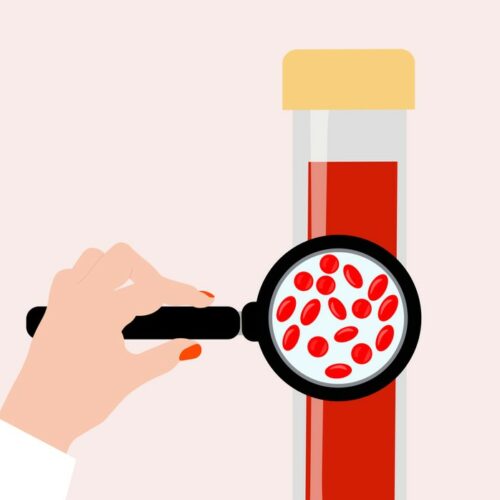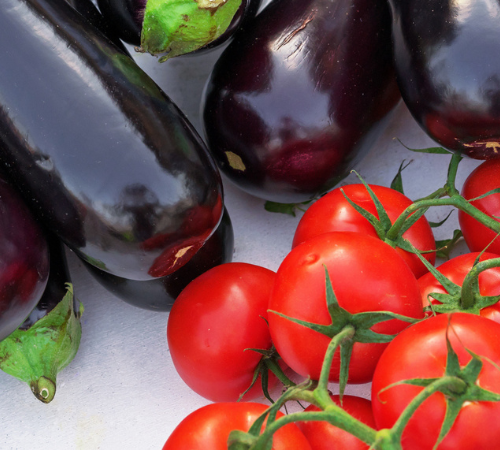
Q I’ve been having problems with a lack of saliva and a dry mouth, so I’m finding that mealtimes are challenging.
Do you have any tips to help me enjoy food again?
A Roughly 20 per cent of older people have problems with dry mouth which may be due to side effects from medications, ageing, dehydration, breathing through your mouth, and/or damage to salivary glands following surgery or cancer treatment.
People suffering from ongoing dry mouth experience tooth decay and gum disease. This is caused by not having the protective effects of the saliva limiting bacteria in the mouth and washing away food particles.
Since saliva is required to help us taste food, without it the enjoyment we experience when eating is reduced.
Lack of saliva also makes it hard to speak due to a dry and painful mouth.
What can you do?
Check with your doctor whether any medications may be causing your reduced saliva production. You may be able to change to another type. Make eating enjoyable again with these tips:
- Make meals moist by adding sauces and gravies
- Enjoy nutritious soups (canned or pouch, with veges or meat)
- Drink liquids, such as water and milk with meals
- Add yoghurt or lemon juice to foods
- Avoid highly spiced foods as these may burn your mouth, if it’s sensitive
- Avoid dry and crumbly foods such as crackers or potato crisps
- Try chewing sugar-free gum after meals to help protect your teeth
- Avoid foods that require a lot of chewing such as steak, and try moist cooked meats such as minced meat, stews or casseroles
- Artificial saliva may help some individuals with chewing and swallowing.
People who have trouble with swallowing can often experience unplanned weight loss. If you are not planning to lose weight, weigh yourself weekly to check and maintain a healthy weight.
Article sources and references
- Escott-Stump S. 2012. Nutrition and Diagnosis- Related Care, 7th Ed. Lippincott, Williams & Wilkins
- Mayo Clinic. Dry Mouth, mayoclinic.org Accessed June 2019https://www.mayoclinic.org/diseases-conditions/dry-mouth/symptoms-causes/syc-20356048
www.healthyfood.com










